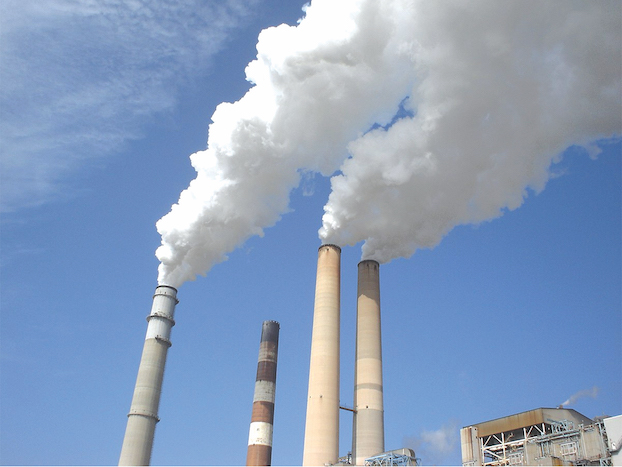EPA seeks to address emission violations above permit levels
Published 2:10 pm Tuesday, March 7, 2023

- The EPA is challenging the emissions leeway some Louisiana chemical plants have been enjoying. (Wikipedia Commons)
Chemical manufacturers in Louisiana have enjoyed some leeway when it comes to emissions during startup, shutdown and malfunction (SSM). The Environmental Protection Agency is challenging that and it could affect local plants.
Recently, the Advocate reported on the EPA’s review of some Louisiana permit records between Jan. 1, 2021 and Oct. 18, 2022. EPA found 205 permit variances allowing additional emissions above permit limits.
Cameron LNG in Hackberry was on the list in violation for emissions above permit limits from a ground flare for seven months in 2021 and 2022, including 22 tons of volatile organic carbon.
The Louisiana Bucket Brigade pointed out the Hackberry LNG plant’s failure to adhere to emissions reporting requirements back in January. Its report covered the time period of May 2019 to December 2022 and noted 67 total accidental releases since export began and attributable to repeated failure of thermal oxidizers.
EPA filed on Feb. 24 to change the state provision that could be read as authorizing the state to create an exemption from emission limits set by federal law during SSM.
In reaction to that filing, the Louisiana Chemical Association says, “inappropriate.”
This takes away the state’s ability to allow sources to safely restart after a malfunction without violating the law, said Greg Bowser, CEO and president of the Louisiana Chemical Association.
Interpretation has varied on Louisiana’s startup, shutdown and malfunction (SSM) provisions, he said.
“Historically, however, there has always been an acknowledgment and acceptance between the EPA and the states that excess emissions that are produced during SSM events are generally not avoidable….”
The EPA claims Louisiana’s rule doesn’t provide the objective criteria necessary to allow for EPA enforcement or citizen enforcement. The Clean Air Act allows people to ask a federal court to require EPA to enforce the law.
“No place in the country suffers more from this particular loophole than Southwest Louisiana,” said Bucket Brigade Diretor Anne Rolfes. “I am glad the EPA is looking at it.”





